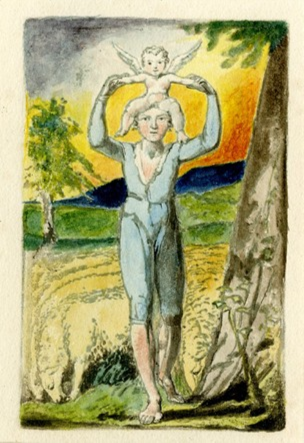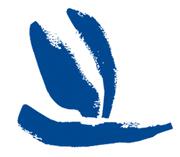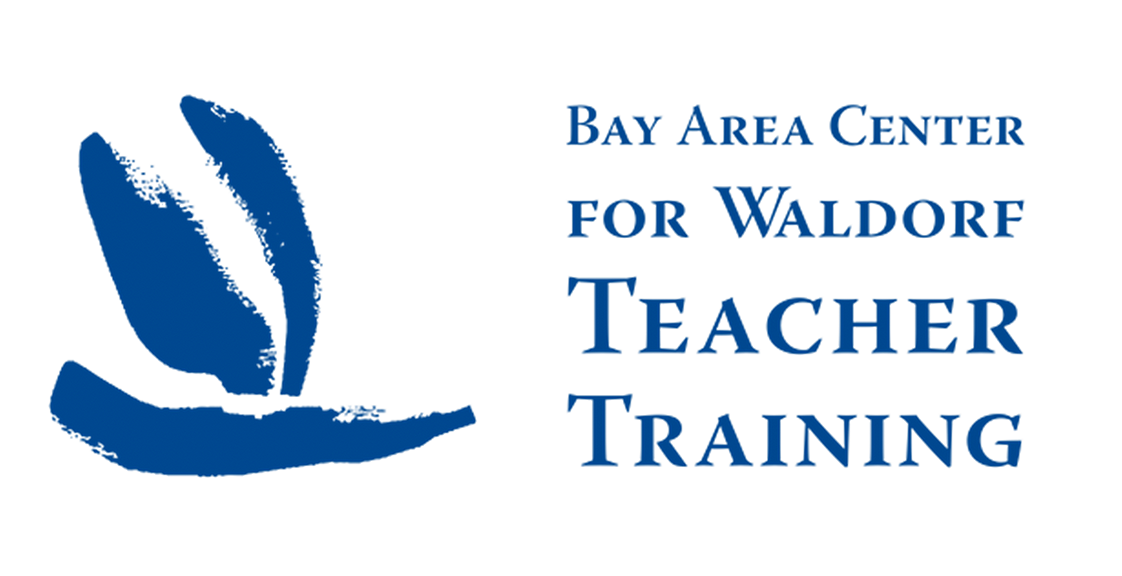Dear BACWTT Students, Alumni, Friends and Colleagues,
I am going to change the rhythm of our weekly newsletter now that we are back in session. I will share some thoughts at our Zoom Town Meeting on Friday nights and then translate them into this format. It does mean that by the time you get this we will be further along in the week of the Calendar of the Soul.
Verse 3
To the universal all there speaks,
Itself forgetting
And mindful of its primal state,
The growing I of man:
‘In you my self releasing
From fetters of my selfhood
I find the ground of my true being.
The verse this week is a contemplation of the nature of the human “I” and how it is changing as we move from spring into the summer. Surely this is a remarkable idea from Rudolf Steiner – that our “I” is not fixed and static and so firmly affixed to our being, but shifts and changes in a predictable, regular way as we move through the year; that it contracts and expands, flows with the forces of nature, engaging with the Sun and the relationship of Earth and Sun.
It is important to realize from the view point of Anthroposophy, the “I” or Ego is the youngest member of our human make up. It is the aspect that we are working on and developing the most now. It is the aspect that we can work on! Our other members or bodies are ancient, having been created and developed in far distant epochs. They are gifts, in a certain way, from the past that enable us to be present in our body. The physical, etheric and astral bodies are ancient bodies which we incarnate into; they create a vessel into which we can incarnate, and are much more wise and perfect than the relatively young and childlike ego. And yet, it is this aspect of ourselves – the childlike part of us – that we most relate and connect to, and in a way we take the natural order of the other bodies as a given – we expect them to work precisely, effortlessly.

This image by Willian Blake, of the Shepherd carrying the winged child on his head, evokes the idea of the childlike ego, recently arrived being carried by the strong, mature, healthy figure beneath!
William Blake, Frontispiece to Songs of Innocence and Experience, 1794
As often is the case in the Calendar of the Soul, Steiner gives “voice” to something that usu-ally remains unspoken. This week, it is the human “I” speaking out to the universe, the macrocosm – the universal all. Can we live further into this picture that he is creating – following – in my words – the order of thoughts?
The mood is one of reduced self-awareness (itself forgetting)
And recalls something of our ancient origins (primal state)
The human I is in a process of growth (growing I)
In this setting, the I speaks, “If I can find a way to let go – to loosen the everyday tightly held sense of self – it is possible to find my true self in the wide world around me – the wide world around me is the ground of and for my self.”
When we study Karma in our program, we consider ideas closely related to this – we experience our sense of self in two ways.
That is, there are 2 types of “I” experience – the one inside me – internal – built up of experiences, things we thought and felt and did – that have become memories that we identify with. We can say this is “me.”
The second type, we are less inclined to say is me. It is made up of the things, events, people that come towards us from the outside. It seems like it has nothing to do with us, that we had no choice or influence – it just happened. But this is the beautiful part. When we begin to awaken to the second type of self we can say, “Ah yes, that is mine too; that is me,” and this second “I,” my external “I” is alive – less consciously – in the outer world.
It doesn’t matter if we are believers in Karma or not, but I think it does matter if we have not found a way to say to the world around us, “That is me…. I am a part of that and that is a part of me.” Without this feeling, we begin a journey down the dark path of randomness and disconnection. This is one of the illnesses and one-sidedness of modern consciousness – that we only consider the internal self and not the external self. The internal self is isolated and continues to grow ever more encased as a natural part of our evolution. It needs the external self to create balance and connection and, following that, ownership.
These ideas are, of course, very challenging when we live into the world experience right now. We are suffering. Yet, if we can work with the image of the external ego – that this is connected to me – then ask the question, “How is that me?” we may grow – “The growing I of man.” I wonder how many people are beginning to feel that this should be a time of learning, of change and who will be strangely disappointed if everything returns to “normal.”
“We have lived our lives by the assumption that what was good for us would be good for the world. We have been wrong. We must change our lives so that it will be possible to live by the contrary assumption, that what is good for the world will be good for us. And that re-quires that we make the effort to know the world and learn what is good for it.”
-Wendell Berry, The Long-Legged House
This might be good time to stop listening to politicians and start listening to poets! They seem to have a much better grasp on the realities of the external self.
Around this time last year, I was fortunate to be asked to teach the 3/4th Grade at the East Bay Waldorf School. I have very fond memories of the children and the work we did together. We began the each day with this indigenous prayer/verse. It was powerful and deeply felt to be true and good by the children (and the teachers, Melanie Hatch and myself).
Oh, Great Spirit, whose voice I hear in the wind, whose breath gives life to all the world.
Hear me; I need your strength and wisdom.
Let me walk in beauty, and make my eyes ever behold the red and purple sunset.
Make my hands respect the things you have made and my ears sharp to hear your voice.
Make me wise so that I may understand the things you have taught my people.
Help me to remain calm and strong in the face of all that comes towards me.
Let me learn the lessons you have hidden in every leaf and rock.
Help me seek pure thoughts and act with the intention of helping others.
Help me find compassion without empathy overwhelming me.
I seek strength, not to be greater than my brother, but to fight my greatest enemy, Myself.
Make me always ready to come to you with clean hands and straight eyes.
So when life fades, as the fading sunset, my spirit may come to you without shame.
-Translated by Chief Yellow Lark
The whole prayer leads beautifully and eloquently, from the wisdom-filled outer world to the immature human “I” that needs to be overcome and reminded to place itself, rightly, in the order of the world.
Ken
Kenneth Smith, Director; BACWTT







